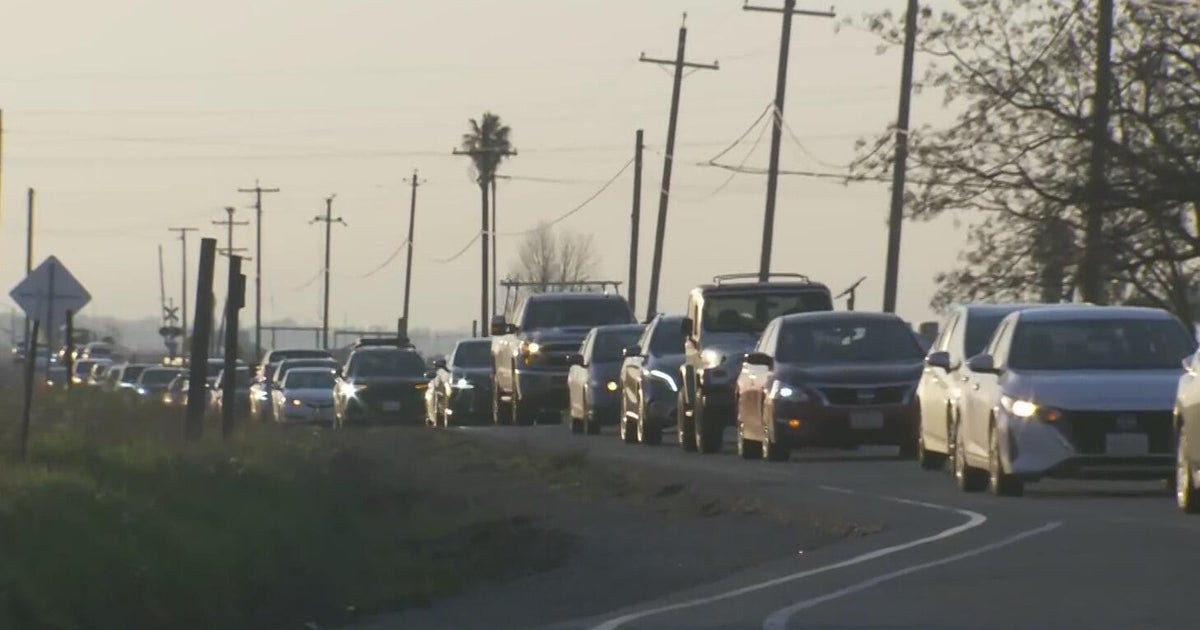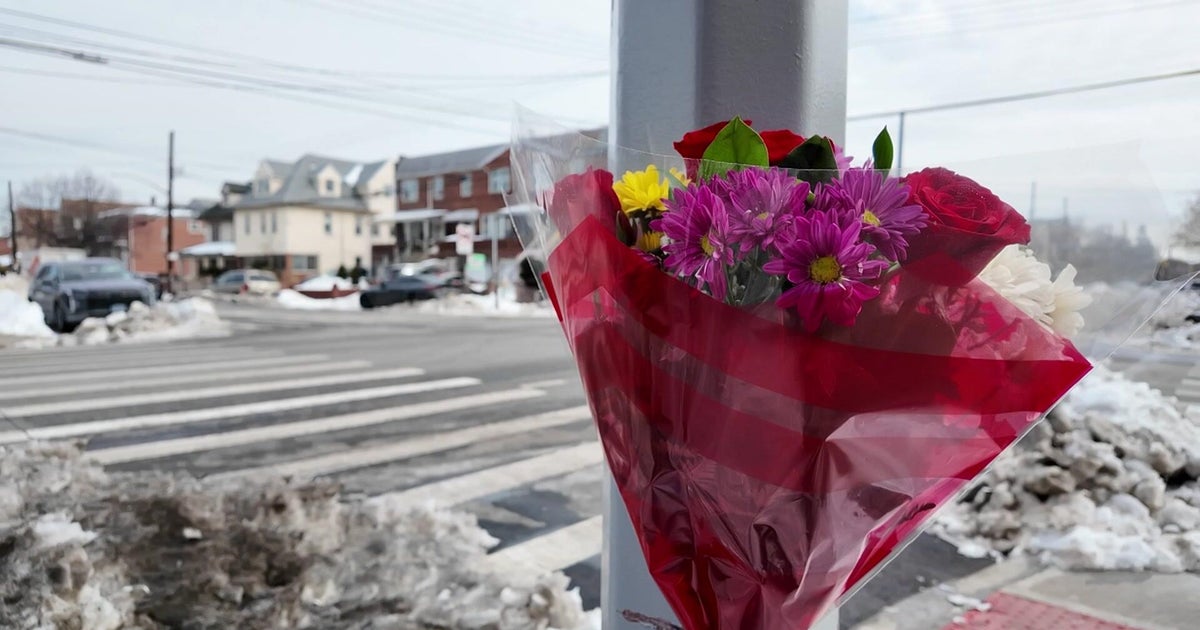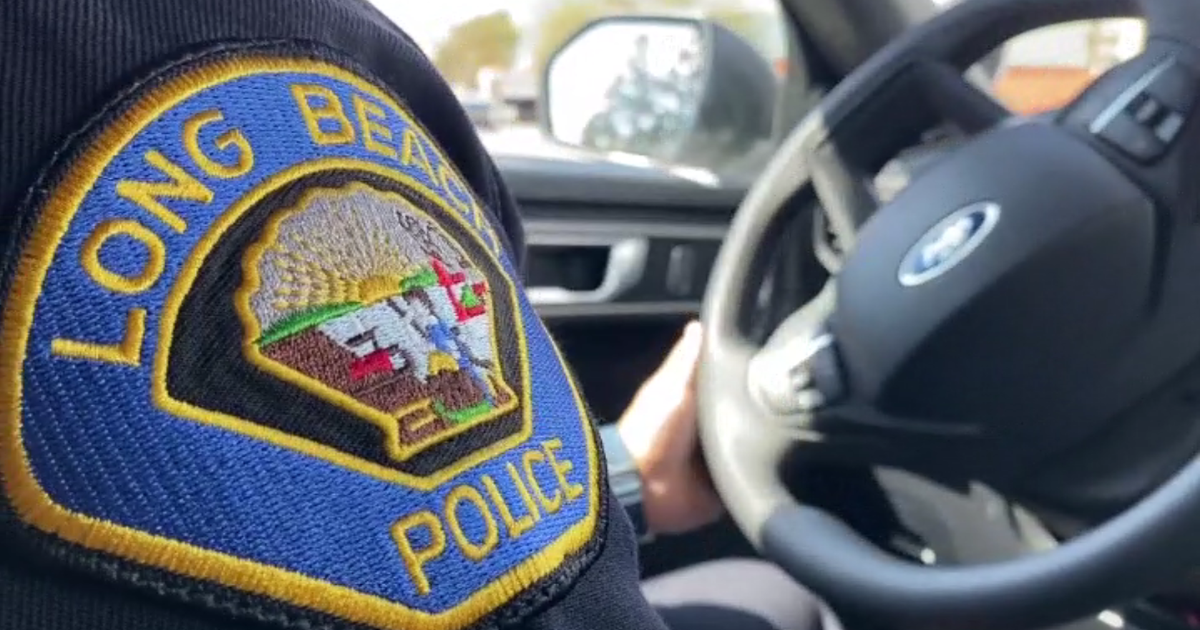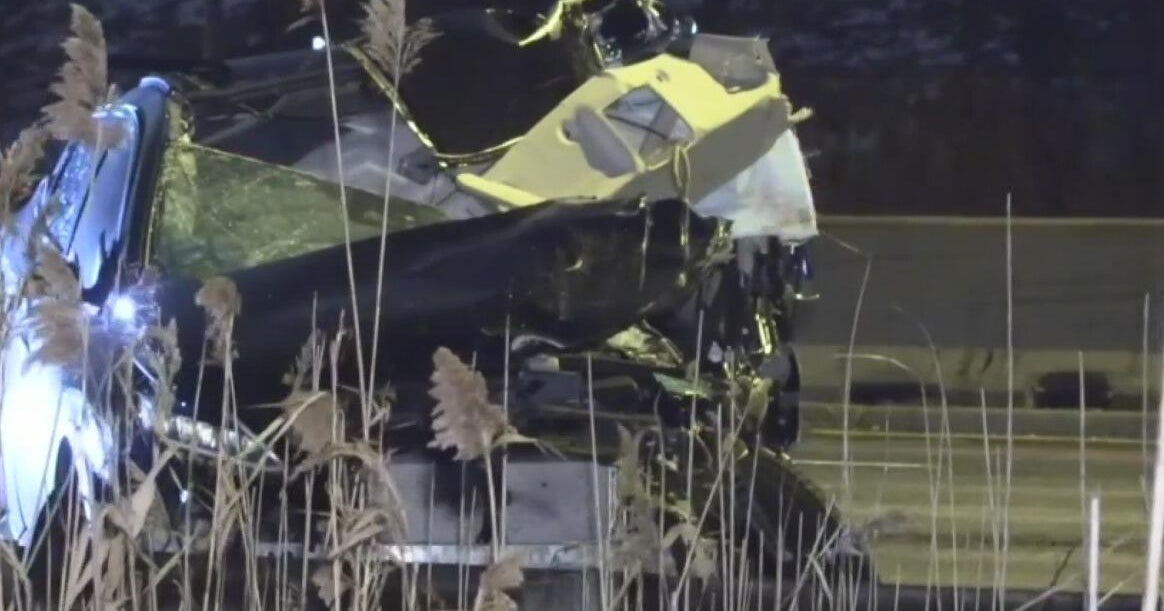Study: Miami Traffic Costing Drivers Big
MIAMI (CBSMiami.com) – If you've been driven on South Florida roads, you've experienced the gridlock that defines the driving experience for all of us.
But, it turns out that Miami isn't even in the Top 10 for the most congested cities, according to a new study from Texas A&M University.
According to the 2011 Urban Mobility Report, Miami ranks 15th in terms of having the longest commute of any city in the country.
Some drivers say they're surprised South Florida didn't rank even higher.
"I think it's worse than number 15," insisted Sue Ulloa.
She added that Hong Kong traffic is the worst she's ever seen but, "In the US, New York City is pretty bad; Miami comes in at a close second."
The study found that S. Florida drivers spend an average of 38 hours per year stuck in traffic.
When Katrina Martinez heard that statistic, she wasn't surprised.
"I don't doubt it," Martinez said. She said she'd prefer to "be at home and take care of my kids," instead of wasting all that time in traffic.
In addition to spending nearly a full work-week per year stuck in traffic, South Florida drivers lose an extra 18 gallons of fuel per year due to traffic tie-ups. All total, the traffic headaches in South Florida cost drivers an extra $785 per year.
While that's bad, it's nothing compared to Washington, D.C., the worst city for traffic in the nation. D.C. drivers spend an average of 74 hours per year in traffic as they try to get around the inner and outer beltway around the city.
According to the study, the national cost of traffic congestion was more than $100 billion in 2010, or roughly $750 for every driver in the country. Plus, the study found that the average delay for drivers had jumped more than 20 hours in less than 30 years.
The Urban Mobility report found that it's not just rush hour that is contributing to the problem of congested roads. According to the study, about 40 percent of all delays happen in the mid-day and overnight hours.
"It's all day," Uolla said. "It doesn't matter what time we go out; we get into it. We thought going to a doctor's appointment at 10 this morning, it would be safe, but no it's terrible."
The report noted that the global economic recession has provided a "temporary respite from the growing congestion problem." But, once the economy begins growing again, the authors said the average commute will have an additional three hours of delay by 2015 and seven more hours by 2020.
And as gas prices continue to rise, the costs are only going to get worse. By 2015, the cost of traffic tie-ups will reach $133 billion, according to the study, and U.S. drivers will waste roughly 2.5 billion gallons of gas due to traffic.
The study's authors said that when the interstate highway system grew rapidly from the late 1950's to the mid-1980's, the U.S. economy grew with it. However, growth has stopped in the interstate system and the authors say that's a recipe for economic disaster.
"The only way U.S. companies have been able to keep their products competitive in the face of increasing traffic congestion and rising transportation costs is to squeeze every ounce of efficiency they can out of their supply chain," said research scientist David Ellis. "But there is a limit to efficiency and without additional transportation capacity, transportation costs will increase significantly. The result will be higher prices and lost jobs."
As a result, the study's authors strongly supported traditional road building and transit use, "combined with traffic management strategies such as signal coordination and rapid crash removal, and demand management strategies like telecommuting and flexible work hours."







